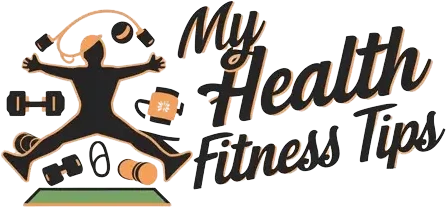With the vast array of dietary supplements available in the market today, it’s easy to feel overwhelmed and unsure about which ones deliver on their promises. From boosting energy to promoting weight loss and enhancing overall health, the claims are endless.
But are these supplements genuinely effective, or are they just empty promises in fancy bottles? This blog post will cut through the noise and uncover the truth about dietary supplements. Learn which supplements are backed by science and provide real benefits and which ones are best left on the shelf.

Separating Fact from Fiction: Science-Backed Supplements
- Multivitamins: Your Nutritional Insurance
Multivitamins can be a good insurance policy to fill any nutritional gaps in your diet. They contain a mix of essential vitamins and minerals that support overall health, especially if you have dietary restrictions or struggle to meet your daily nutrient needs.
- Omega-3 Fatty Acids: Nourishing Your Brain and Heart
Omega-3 fatty acids, found in fish oil supplements, are a powerful ally for brain health and cardiovascular function. They have been shown to reduce inflammation, improve cognitive function, and lower the risk of heart disease.
- Vitamin D: The Sunshine Vitamin
Vitamin D is crucial in bone health, immune function, and mood regulation. Many people, especially those in colder climates, may have insufficient levels of Vitamin D, making supplementation beneficial.
- Probiotics: Gut Health Heroes
Probiotics are live bacteria that promote a healthy gut microbiome. They aid in digestion, boost the immune system, and may alleviate certain digestive issues such as bloating and irritable bowel syndrome.
- Collagen: A Beauty Booster
Collagen supplements claim to enhance skin elasticity and reduce wrinkles. While more research is needed, some studies suggest that collagen may improve skin hydration and elasticity.
Supplements to Approach with Caution
- Weight Loss “Miracle” Pills
Be wary of supplements promising rapid weight loss without dietary changes or exercise. Many of these products lack scientific evidence and may have harmful side effects.
- Testosterone Boosters
Testosterone boosters are marketed as muscle-builders and energy enhancers. However, they can disrupt hormone levels and cause adverse effects, especially in individuals with normal testosterone levels.
- Energy-Boosting Supplements
Energy supplements often contain high levels of caffeine or stimulants, which can lead to dependency and disrupt sleep patterns.
- Herbal Detox Remedies
Detox supplements may sound enticing, but the body already has an efficient detoxification system. These supplements can be harsh on the liver and may not provide any significant benefits.
- Hair Growth Supplements
While hair growth supplements claim to give you luscious locks, their effectiveness is questionable. A balanced diet and proper hair care are more likely to yield positive results.
The Importance of Quality and Safety
When choosing supplements, always opt for reputable brands with third-party certifications. Look for products that undergo testing for purity, potency, and safety. Remember to follow the recommended dosage and consult a healthcare professional if you have any underlying health conditions or are taking medications.
Summary!
Dietary supplements can be valuable additions to support your overall health and well-being. Science-backed supplements like multivitamins, omega-3 fatty acids, and probiotics can fill nutritional gaps and offer various benefits.
However, it’s essential to approach supplements cautiously, as some may make lofty claims without substantial evidence. Prioritize a balanced diet and lifestyle, and use supplements as supplementary support, not as a substitute.
When it comes to your health, making informed choices is key. So, next time you consider a dietary supplement, keep this guide handy to separate the truly effective from the potentially harmful ones.

Alina Smith is a health blog author with an interest in the intersection of wellness and mental health. She’s worked as a writer, editor, and communications specialist for various healthcare organizations. Alina has also led projects to improve access to care for underserved populations in both rural and urban settings.





